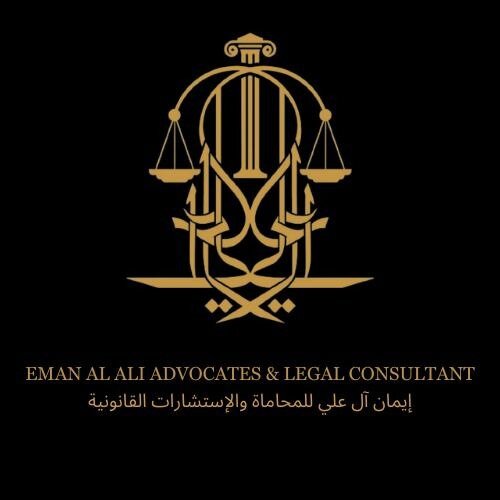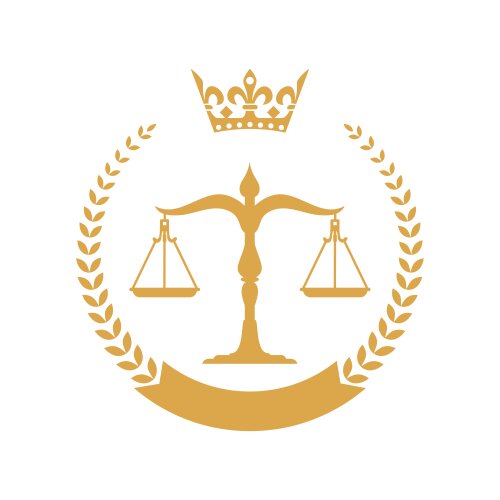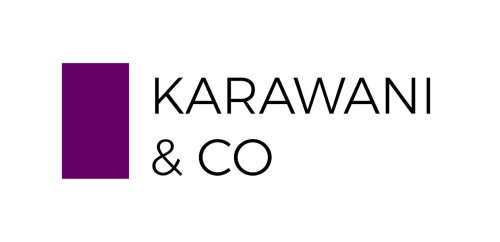Best Mortgage Lawyers in United Arab Emirates
Share your needs with us, get contacted by law firms.
Free. Takes 2 min.
Free Guide to Hiring a Real Estate Lawyer
Or refine your search by selecting a city:
List of the best lawyers in United Arab Emirates

About Mortgage Law in United Arab Emirates
The United Arab Emirates (UAE) has a dynamic real estate market, and mortgages are a key element of property transactions. Mortgage law in the UAE is designed to provide a regulated framework for borrowing and lending. The UAE Central Bank regulates mortgage transactions to ensure they are conducted transparently and protect the interests of both lenders and borrowers. The Real Estate Regulatory Agency (RERA) further governs real estate transactions and monitoring within different emirates, especially in Dubai.
Why You May Need a Lawyer
Engaging a lawyer can be crucial in several situations related to mortgages in the UAE. These include:
- Understanding complex contract terms and ensuring that all documents comply with UAE law.
- Navigating disputes with banks or financial institutions.
- Handling cases of default or foreclosure.
- Ensuring proper transfer and registration of property deeds.
- Compliance with legal and procedural requirements during property transactions.
A lawyer can provide critical insights, reduce risks, and ensure that your legal and financial interests are protected throughout the process.
Local Laws Overview
Several key aspects of UAE mortgage laws are particularly relevant:
- LTV (Loan-to-Value) Ratio: The UAE Central Bank has set LTV ratios for mortgages, which dictate how much financing can be obtained relative to the property's value.
- Registration: Mortgages must be registered with respective real estate authorities to be valid and enforceable.
- Interest Rates: Rates can be fixed, variable, or a combination, depending on the lender's terms.
- Default and Foreclosure: The law outlines procedures for handling delinquent loans and property foreclosures.
- Residency Status: Non-residents may face different mortgage conditions compared to UAE nationals and residents.
Understanding these laws is crucial for anyone considering a mortgage in the UAE, as they influence the terms and feasibility of mortgage agreements.
Frequently Asked Questions
What is the maximum mortgage amount I can borrow in the UAE?
In the UAE, the maximum mortgage amount generally depends on the property value and the applicable LTV ratio set by the UAE Central Bank.
Are there restrictions for expatriates on getting a mortgage in the UAE?
Yes, expatriates face certain restrictions and typically require a higher down payment compared to UAE nationals.
What happens if I default on my mortgage?
In case of default, the bank may take legal action, which can lead to foreclosure and repossession of the property.
Can I transfer my mortgage to another bank?
Yes, mortgage transfer, or buyout, is possible but may involve fees. Consideration of leading penalties is essential before proceeding.
What documents are needed to apply for a mortgage?
Required documents usually include proof of income, bank statements, property details, and identification documents among others.
How are interest rates determined for mortgages in the UAE?
Interest rates in the UAE are determined by market conditions and bank policies. Rates may be fixed or variable over the loan term.
Is Islamic financing available for mortgages in the UAE?
Yes, Islamic mortgage products, based on Sharia principles, are widely available to those seeking interest-free financing options.
What fees are associated with obtaining a mortgage in the UAE?
Common fees include processing fees, property valuation fees, and registration fees.
How is the property's value assessed for a mortgage?
Banks typically appoint a registered valuer to assess a property's market value as part of the mortgage application process.
Can I get a mortgage for an off-plan property?
Yes, but financing options can be more limited for off-plan properties compared to completed properties, and conditions may vary.
Additional Resources
For more detailed information and assistance, you may contact the following organizations:
- Dubai Land Department (DLD) for Dubai property transactions.
- Real Estate Regulatory Agency (RERA) for guidelines on real estate practices.
- UAE Central Bank for regulations and policies regarding mortgage and lending.
- Ministry of Justice for legal interpretations and general law guidelines.
Next Steps
If you find yourself needing legal assistance with a mortgage in the UAE, consider the following steps:
- Consult with a qualified real estate lawyer who has experience with UAE mortgage law.
- Gather all necessary documents related to your case, including any lease agreements, mortgage documents, and correspondence with lenders.
- Schedule consultations with multiple law firms to compare services and costs.
- Check for lawyer credentials and ensure they are registered to practice in the UAE.
Taking these proactive steps will help you effectively navigate the complexities of mortgage processes in the UAE.
Lawzana helps you find the best lawyers and law firms in United Arab Emirates through a curated and pre-screened list of qualified legal professionals. Our platform offers rankings and detailed profiles of attorneys and law firms, allowing you to compare based on practice areas, including Mortgage, experience, and client feedback.
Each profile includes a description of the firm's areas of practice, client reviews, team members and partners, year of establishment, spoken languages, office locations, contact information, social media presence, and any published articles or resources. Most firms on our platform speak English and are experienced in both local and international legal matters.
Get a quote from top-rated law firms in United Arab Emirates — quickly, securely, and without unnecessary hassle.
Disclaimer:
The information provided on this page is for general informational purposes only and does not constitute legal advice. While we strive to ensure the accuracy and relevance of the content, legal information may change over time, and interpretations of the law can vary. You should always consult with a qualified legal professional for advice specific to your situation.
We disclaim all liability for actions taken or not taken based on the content of this page. If you believe any information is incorrect or outdated, please contact us, and we will review and update it where appropriate.
Browse mortgage law firms by city in United Arab Emirates
Refine your search by selecting a city.
















